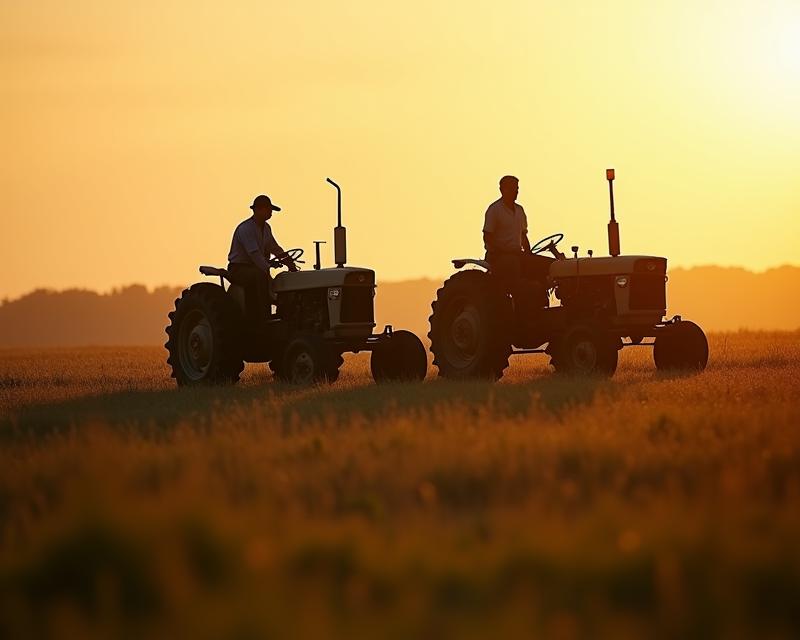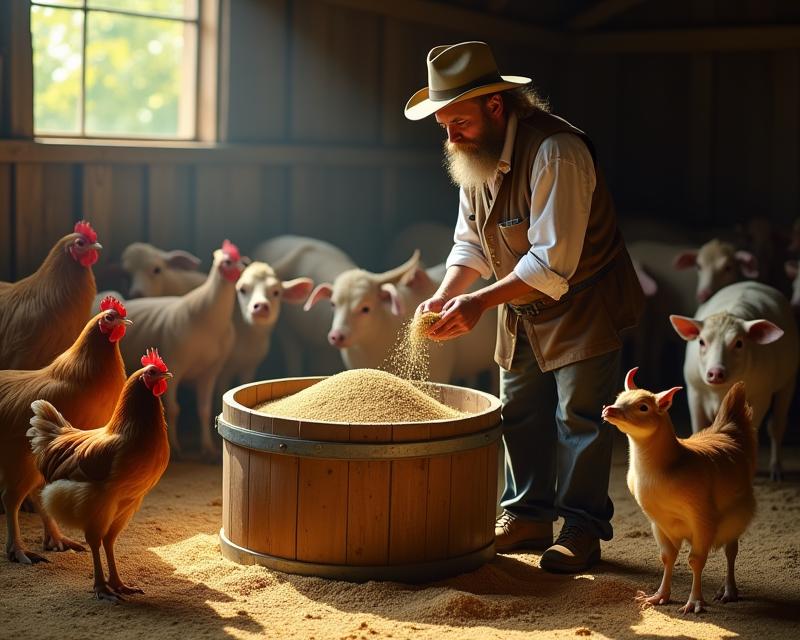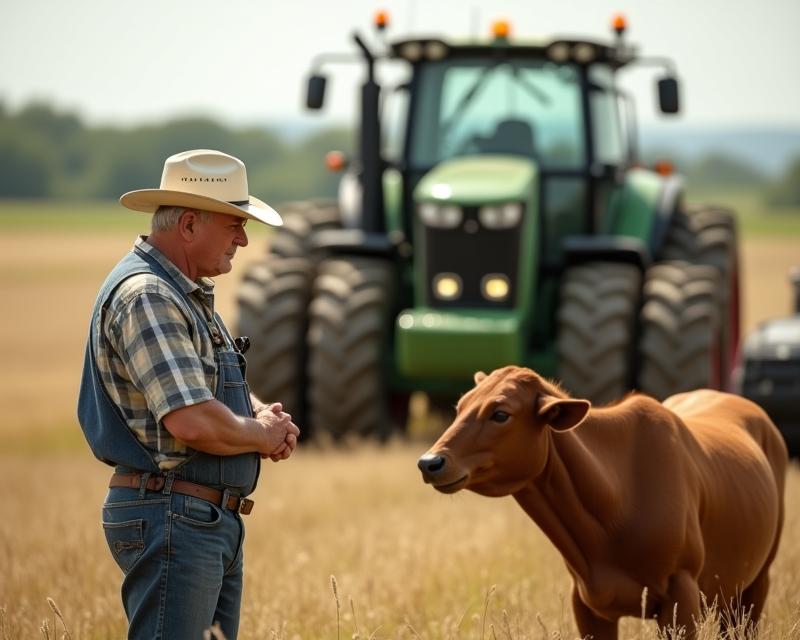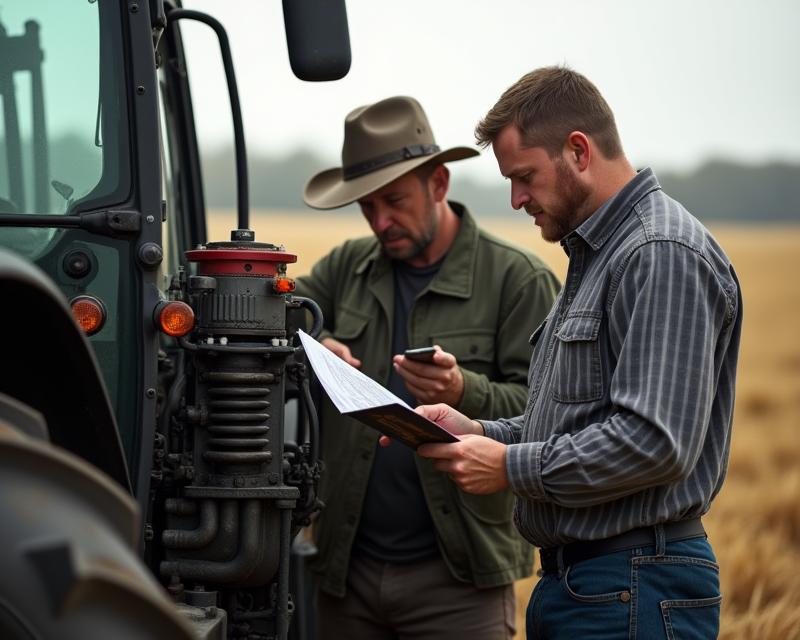Repair Restrictions: A Burden on Small Farms
Publish in Farm Business el 04/07/2025 15:55
Repair Restrictions: A Burden on Small Farms
Running a farm is tough work! You rely on reliable equipment to get the job done, whether it's planting, harvesting, or managing livestock. But what happens when that equipment breaks down? A growing trend – repair restrictions – is creating a real problem for small and mid-sized farms across the country. These restrictions, often imposed by manufacturers, limit where you can get your equipment repaired, forcing you to use authorized dealerships, even for simple fixes.

The issue is that dealership repairs can be significantly more expensive than taking your equipment to a local mechanic. Dealerships often have higher labor rates and may charge more for parts. This can create a huge financial strain, especially for smaller operations with tight budgets. For many family farms, unexpected repair costs can be the difference between staying afloat and having to make difficult decisions about the future.
The Financial Strain
Imagine you have a tractor that's essential for planting your crops. It breaks down, and the authorized dealership quotes you a repair bill that's a substantial portion of your annual income. You might not have the cash on hand, and taking it to a local mechanic could void your warranty or lead to further complications. This is a very real concern for many farmers. The financial burden can lead to delayed repairs, reduced productivity, and even the potential loss of valuable equipment.
These restrictions disproportionately affect smaller farms. Larger operations might have more resources to absorb these costs, but smaller farms often operate on much tighter margins. It's not just about the immediate repair cost; it's about the long-term impact on profitability and the ability to invest in the farm's future. Farmers are increasingly advocating for more flexibility in repair options to ensure they can keep their equipment running efficiently without being financially crippled by restrictive policies. Understanding these issues is crucial for all farmers to navigate the challenges of modern agriculture and protect their livelihoods.
What Can Farmers Do?
While the situation is complex, there are steps farmers can take. Research your equipment's warranty carefully. Document all communication with the dealership. Explore options for preventative maintenance to minimize breakdowns. And most importantly, connect with other farmers and agricultural organizations to share information and advocate for policy changes that support fair repair practices. Your voice matters!





